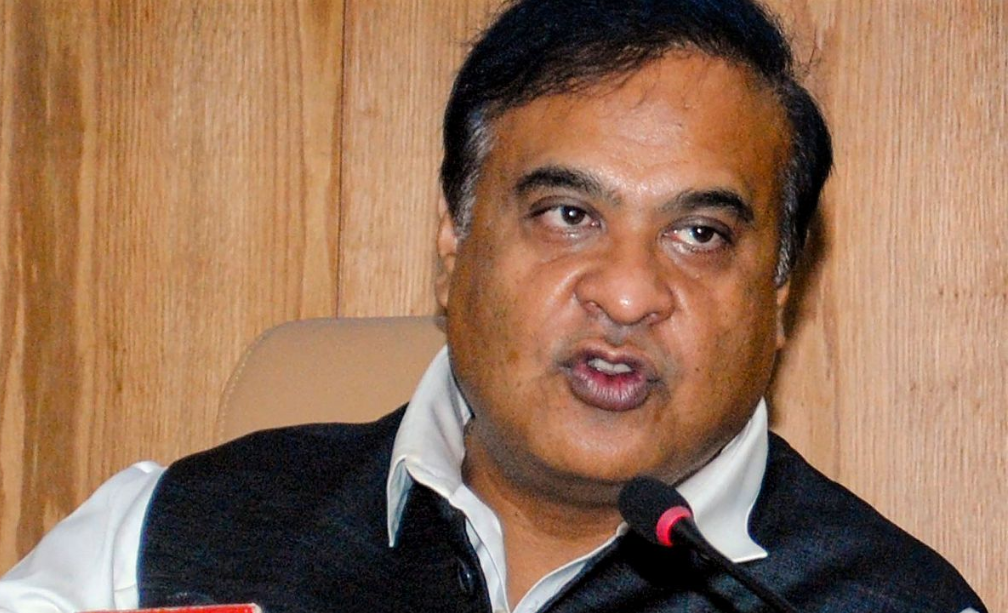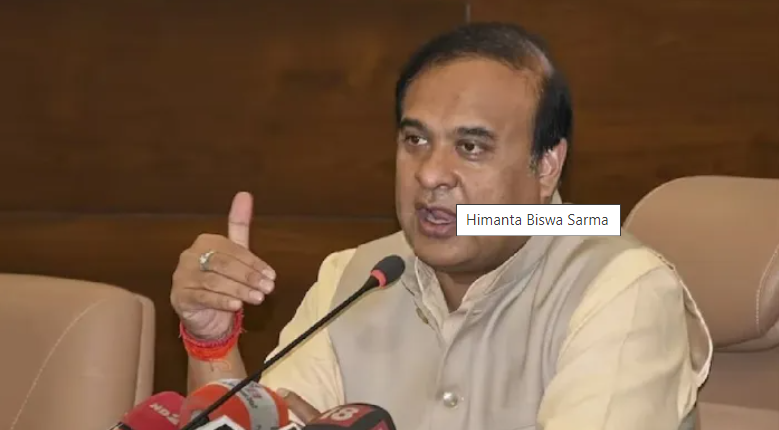Assam Government Repeals Muslim Marriages Registration Act:-
Introduction
In a significant move, the Assam government recently repealed the Assam Muslim Marriages and Divorce Registration Act, 1935. This decision has sparked widespread debate and discussions across the state and the country. The Act, which was in force for nearly nine decades, mandated the registration of Muslim marriages and divorces in Assam. The repeal of this Act has raised questions about its implications for the Muslim community and the legal landscape of marriage and divorce in the state.
Historical Context of the Act
The Assam Muslim Marriages and Divorce Registration Act was enacted in 1935 during British colonial rule. It was designed to provide a legal framework for the registration of marriages and divorces among Muslims in Assam. The Act aimed to ensure that these events were documented, thereby providing legal recognition and protection to the parties involved. It was one of the few such laws in India that specifically catered to the Muslim community’s marital affairs.
Under the Act, Qazis (Muslim clerics) were designated as registrars, responsible for maintaining records of marriages and divorces. This system was intended to provide a reliable method of documentation, which could be used as evidence in legal matters and disputes. Over the years, the Act played a crucial role in formalizing marital relations within the Muslim community in Assam.
The Decision to Repeal
The Assam government’s decision to repeal the 1935 Act has been framed within the context of broader reforms aimed at modernizing and simplifying the state’s legal framework. Officials have argued that the Act had become obsolete and redundant in light of newer, more comprehensive laws governing marriage and divorce in India. They contend that the continued existence of such community-specific laws creates unnecessary complexity and fragmentation within the legal system.
According to the government, the repeal is part of an effort to streamline and unify marriage laws across communities. The Assam government pointed to the fact that there are already provisions under the Special Marriage Act, 1954, and the Muslim Personal Law (Shariat) Application Act, 1937, which adequately cover the registration and documentation of Muslim marriages and divorces.
Reactions from the Muslim Community
The repeal of the Act has elicited a wide range of reactions from the Muslim community in Assam. Many have expressed concerns about the potential consequences of this decision, fearing that it might lead to legal and administrative complications. There is a sense of uncertainty about how marriages and divorces will be documented and recognized without the specific provisions of the 1935 Act.
Some community leaders and activists argue that the Act provided a sense of legal security and clarity for Muslim couples. They worry that its repeal might result in difficulties in proving the validity of marriages and divorces in legal disputes. Additionally, there are concerns that the repeal could undermine the role of Qazis in the registration process, potentially leading to a loss of cultural and religious practices associated wit  for more information click on this link
for more information click on this link
Legal and Administrative Implications
The repeal of the Assam Muslim Marriages and Divorce Registration Act has significant legal and administrative implications. One of the primary concerns is the potential gap in the registration process for Muslim marriages and divorces. While the government has assured that existing laws are sufficient, there is a need to ensure that these laws are effectively implemented and accessible to all sections of the community.
Legal experts have pointed out that the Special Marriage Act, 1954, though comprehensive, is a secular law that requires both parties to renounce their personal laws to register their marriage. This might not be acceptable to all Muslim couples, who may prefer to have their marriages registered under Islamic law. The Muslim Personal Law (Shariat) Application Act, 1937, on the other hand, does not provide detailed procedural guidelines for registration, which could lead to inconsistencies and ambiguities.
To address these concerns, it is crucial for the government to provide clear guidelines and mechanisms for the registration of Muslim marriages and divorces post-repeal. This includes training and sensitizing officials, ensuring easy access to registration facilities, and creating awareness among the community about their legal rights and options.
Perspectives from Legal Experts
Legal experts have offered varied perspectives on the repeal of the Act. Some view it as a positive step towards unifying and modernizing marriage laws in India. They argue that community-specific laws can sometimes perpetuate inequalities and that a uniform legal framework can help promote equality and justice.
Others, however, caution that the repeal must be accompanied by robust alternative mechanisms to ensure that the rights and interests of the Muslim community are protected. They emphasize the need for a nuanced approach that respects cultural and religious practices while ensuring legal clarity and protection.
Government’s Response and Next Steps
In response to the concerns raised, the Assam government has promised to take several steps to ensure a smooth transition. Officials have stated that they will work closely with community leaders, legal experts, and civil society organizations to address any gaps and challenges arising from the repeal. They have also committed to enhancing the infrastructure and resources needed for the effective implementation of existing marriage laws.
The government plans to launch awareness campaigns to educate the Muslim community about their legal options and the procedures for registering marriages and divorces under the new framework. Additionally, there are discussions about the possibility of introducing new legislation or amendments to existing laws to provide more specific guidelines for the registration of Muslim marriages and divorces.
Broader Implications for Personal Laws in India
The repeal of the Assam Muslim Marriages and Divorce Registration Act is part of a broader debate on the reform of personal laws in India. The country has a complex legal system that includes various personal laws governing marriage, divorce, inheritance, and other family matters for different religious communities. While these laws are intended to respect the cultural and religious diversity of India, they have also been criticized for perpetuating inequalities and creating legal fragmentation.
There have been calls for a Uniform Civil Code (UCC) that would replace personal laws with a common legal framework for all citizens. Proponents of the UCC argue that it would promote gender equality, simplify the legal system, and strengthen national unity. Opponents, however, fear that it could undermine religious freedom and erode the cultural identity of minority communities.
The Assam government’s decision can be seen as a step towards greater uniformity in personal laws, but it also highlights the challenges and complexities involved in such reforms. Balancing the principles of equality, justice, and cultural diversity remains a significant challenge for policymakers and legal experts.
Voices from the Ground
To understand the real impact of the repeal, it is essential to listen to the voices of those directly affected. Many Muslim couples in Assam have expressed confusion and anxiety about the new legal landscape. Some have shared stories of how the 1935 Act provided them with a sense of security and recognition in their marital relations.
There are also stories of couples who have faced challenges in registering their marriages or obtaining legal documents in the absence of clear guidelines. These narratives underscore the importance of effective communication and support from the government to ensure that the community can navigate the new legal framework smoothly.
Conclusion
The repeal of the Assam Muslim Marriages and Divorce Registration Act, 1935, marks a significant shift in the legal landscape for the Muslim community in Assam. While the government aims to modernize and unify marriage laws, it must also address the concerns and challenges arising from this decision. Ensuring that the rights and interests of the Muslim community are protected requires clear guidelines, effective implementation, and continuous engagement with community leaders and legal experts.
This development also brings to the fore the broader debate on personal laws in India and the quest for a balance between equality, justice, and cultural diversity. As the country moves towards potential reforms in personal laws, the experiences and voices of affected communities will play a crucial role in shaping a just and inclusive legal framework ALSO READ:- Public Capex Hits a Fresh High in Q1: Analyzing the Impact and Implications





